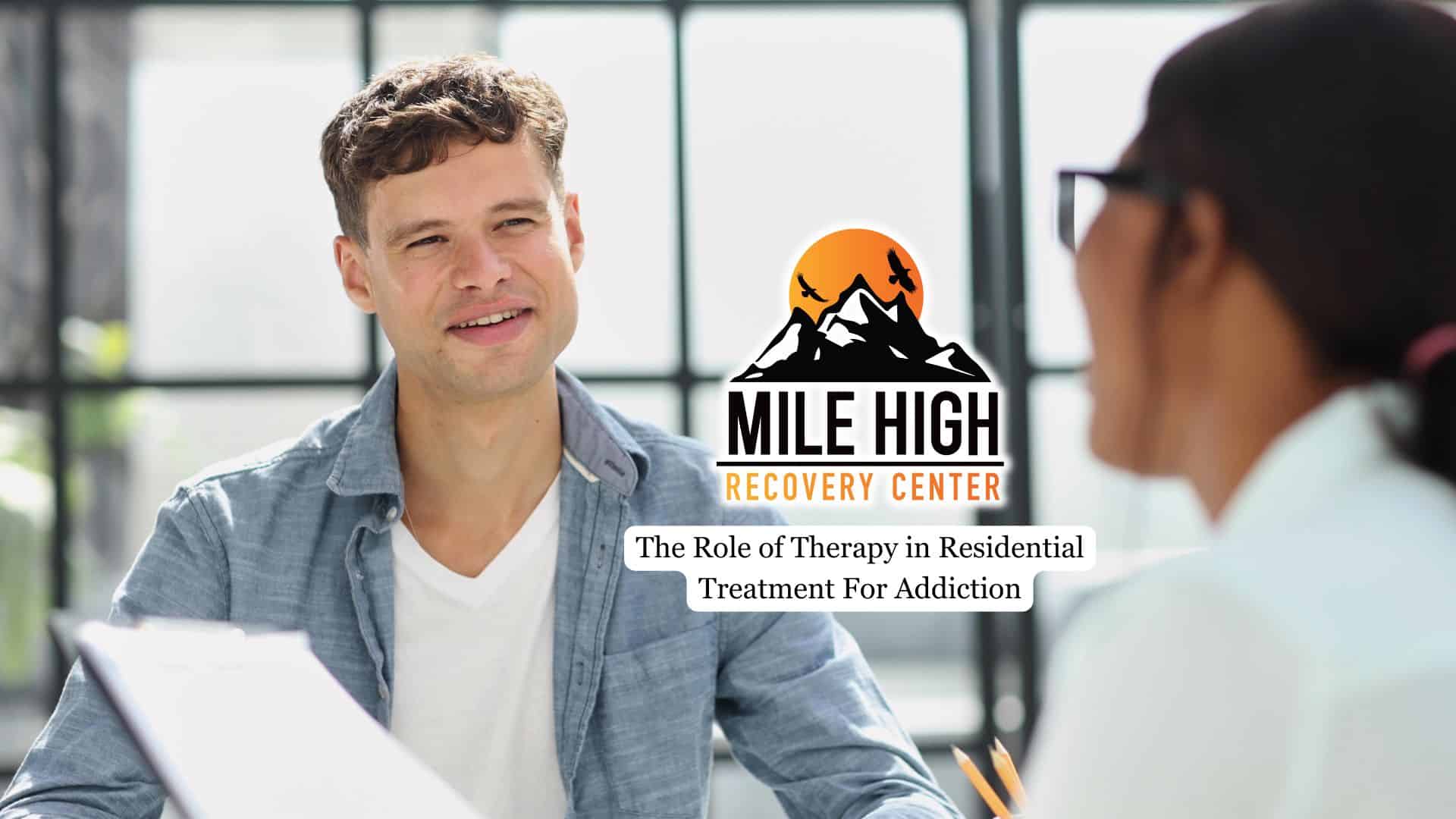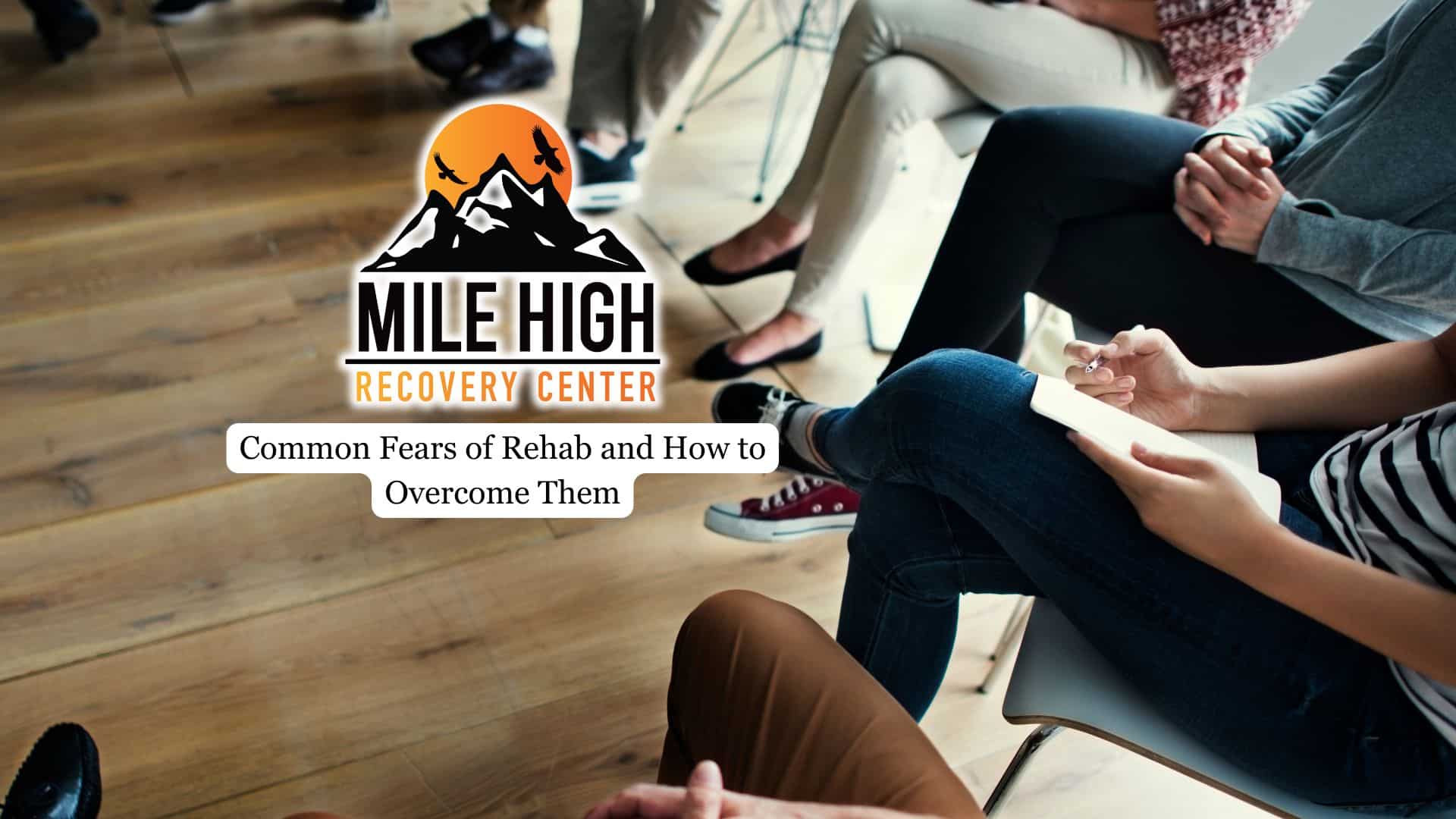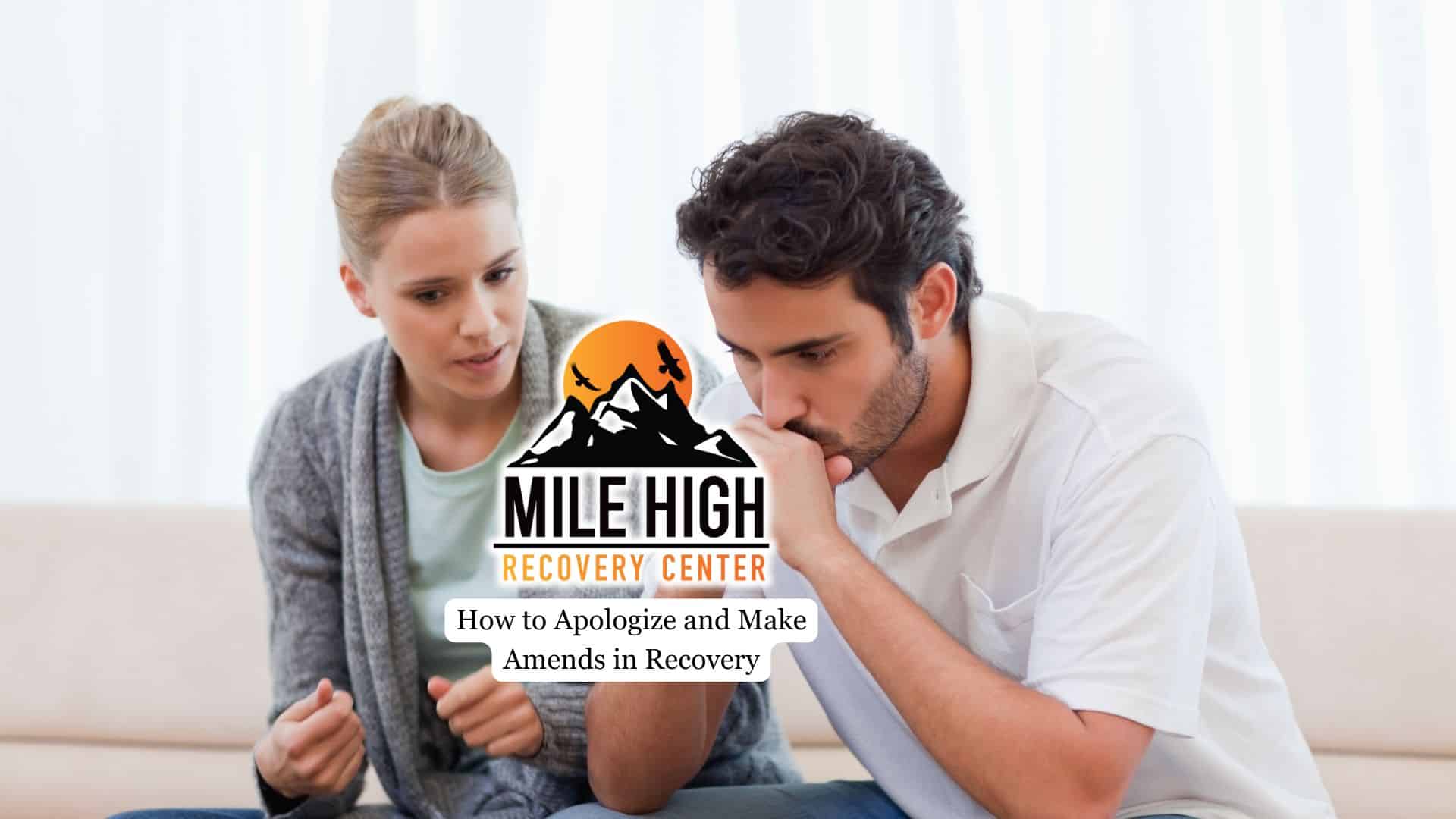Residential treatment plays a vital role in addiction recovery by providing a structured, supportive environment where individuals struggling with addiction can receive intensive care. Therapy is a central component of this comprehensive drug addiction treatment, addressing not only the physical aspects of the individual’s addiction but also the psychological, emotional, and social factors related to addiction.
In this article, we will explore the role of therapy in residential treatment services for addiction, examine the types of therapy commonly used, and discuss how therapy contributes to long-term recovery from drug abuse and successful substance use outcomes within residential treatment programs.

Understanding Residential Addiction Treatment
Residential addiction treatment programs provide around-the-clock care in a secure, substance-free setting. These comprehensive addiction treatment centers focus on creating an environment that supports detoxification, behavioral change, and ongoing sobriety.
Residential treatment is particularly beneficial for individuals struggling with moderate to severe substance use disorder or those with co-occurring mental health conditions. By combining medical supervision, addiction education, and therapy in residential treatment, patients engage in an immersive overall treatment and recovery process.
This comprehensive approach to individualized treatment helps address the complexities of addiction and mental health issues, such as cravings, triggers, and underlying causes, which outpatient programs may not fully manage.
Core Therapeutic Approaches in Residential Settings
Therapy plays a crucial role in residential substance abuse treatment by offering multiple avenues for healing and personal growth. Key types of therapy provided in residential treatment for drug and alcohol addiction often include:
Individual Therapy
One-on-one therapy sessions allow patients to explore personal challenges, identify factors that led to addiction, and develop tailored coping strategies within a confidential and supportive setting.
Group Therapy
The power of group therapy lies in peer support and shared experiences. Group sessions foster empathy, accountability, social skills development, and motivation, which are essential components of the drug treatment and recovery process.
Cognitive Behavioral Therapy (CBT)
CBT is widely used in addiction treatment programs for its effectiveness in helping patients recognize and reframe negative thought patterns that contribute to substance use. It equips individuals with practical tools to manage cravings and avoid relapse triggers.
Family and Couples Therapy
Addiction impacts not only the individual but also their loved ones. Family therapy sessions work to repair relationships, improve communication, and establish healthy boundaries that promote recovery both inside and outside residential treatment.
Motivational Interviewing
This client-centered approach helps individuals resolve ambivalence about recovery, increase motivation to change, and set personal goals throughout their treatment journey.
Dialectical Behavior Therapy (DBT)
DBT supports emotional regulation, distress tolerance, interpersonal effectiveness, and mindfulness—particularly useful for those coping with intense emotions or self-destructive behaviors.
Trauma-Informed Therapy
Many individuals enter residential treatment with a history of trauma. Trauma-informed approaches create a safe therapeutic environment to process these experiences and reduce their impact on addiction.
Eye Movement Desensitization and Reprocessing (EMDR)
EMDR is an evidence-based therapy designed to help individuals process traumatic memories and reduce their influence on current behaviors and substance use.
Holistic Therapies
Therapy in residential treatment extends beyond traditional evidence-based approaches to include a variety of holistic therapies that address the mind, body, and spirit. These therapies include meditation practices, such as mindfulness and guided imagery, which help clients cultivate present-moment awareness, reduce stress, and achieve emotional balance.
Art therapy offers a creative outlet for expressing emotions and developing self-awareness under the guidance of a certified art therapist, providing a safe space for healing and coping skill development. Outdoor adventure therapy utilizes activities like hiking, rock climbing, and team-building exercises to build confidence, problem-solving abilities, and resilience. Equine therapy involves working with horses to enhance emotional regulation, self-awareness, and interpersonal skills through grooming, leading, and riding, facilitated by certified equine therapists.
These diverse therapies, when integrated into a comprehensive treatment plan, support recovery by addressing the root causes of addiction and equipping patients with sustainable coping strategies for long-term health and sobriety.

The Role of Therapy in Addressing Specific Aspects of Recovery
Therapy in residential addiction treatment services targets the underlying causes of addiction such as trauma, mental health disorders, or behavioral patterns that lead to substance use. Many residential treatment centers offer integrated therapy services to treat aspects of substance use and mental health issues concurrently, which is critical for individuals with co-occurring disorders.
Therapy focuses on relapse prevention by helping patients identify triggers and develop healthy coping mechanisms. Patients learn strategies such as stress management, mindfulness, and emotional regulation, which support long-term sobriety after leaving the residential setting. Through individual and group therapy sessions, patients practice these skills in a safe environment before transitioning back into their communities.
Therapy also assists patients in building life skills and fostering behavioral changes necessary for reintegration into daily life. Residential addiction treatment programs often include addiction education and skill-building workshops alongside therapy to prepare individuals for the challenges they may face in recovery.
Integration of Therapy with Other Residential Components
Therapy complements other components of residential treatment such as medical detoxification and medication-assisted treatment (MAT), which help manage withdrawal symptoms and biological aspects of substance dependence. The comprehensive treatment plan developed by the treatment team integrates therapy with these medical interventions to form a holistic approach.
The therapeutic community-based residential treatment model reinforces recovery by encouraging mutual support between individuals who stay in residential treatment and staff members. Educational sessions provide addiction education, helping individuals understand the disease model of addiction, which enhances motivation and treatment engagement.
Aftercare and Continuum of Care
A critical aspect of therapy in residential treatment is preparing individuals for life after discharge. Therapy sessions help patients develop personalized relapse prevention plans and identify ongoing support systems. Following residential treatment, outpatient therapy and support groups like 12-Step programs often continue to provide essential care.
This continuum of care ensures that individuals maintain the gains achieved during residential treatment, promoting lasting recovery. Therapy remains a cornerstone of aftercare, addressing ongoing challenges related to substance use and mental health.
Final Thoughts from Mile High Recovery
Therapy plays a pivotal role in residential treatment for addiction, addressing the complex physical, emotional, and psychological components of substance use disorders. Through individualized and group therapy, cognitive behavioral therapy, family counseling, and other specialized approaches, therapy helps individuals in residential addiction programs develop the skills and insight necessary for lasting recovery.
At Mile High Recovery, therapy serves as a cornerstone of our evidence-based treatment model. Located in Denver, Colorado, our residential programs weave therapeutic support into a nurturing, community-centered setting where clients are empowered to heal and grow. Backed by experienced professionals and a commitment to holistic care, we guide individuals through addiction recovery and toward a fulfilling, lasting transformation.







